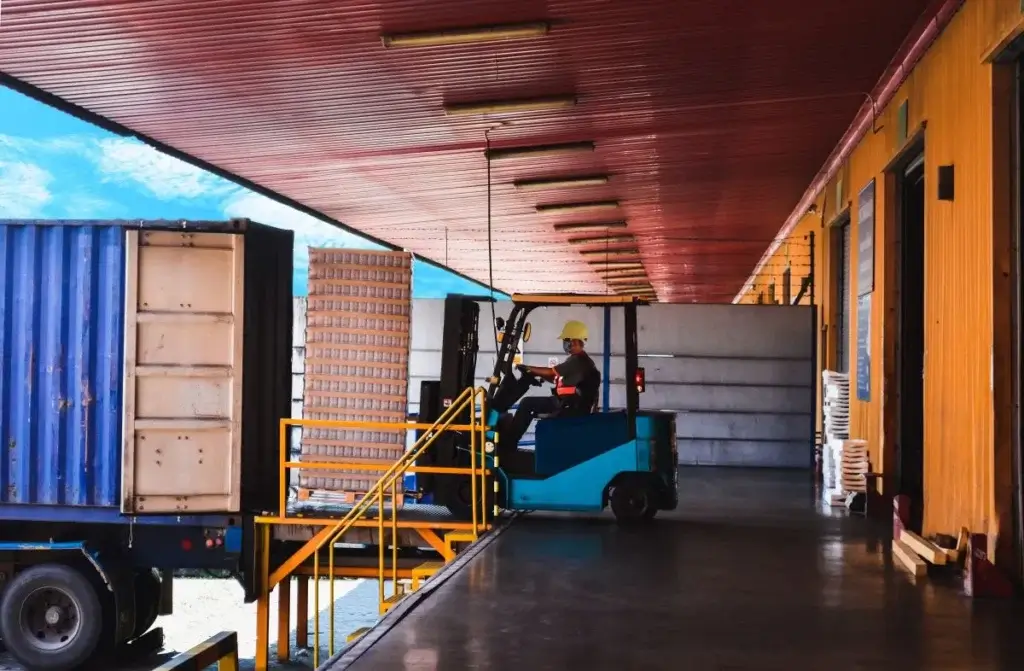There is nothing like a return to the roots. The fashion for eco-friendly products combined with the requirements of European standards to minimize the share of fossil fuels in the EU economies pushes entrepreneurs to look for more sophisticated solutions. Michelin decided to check whether you can make tyres from … wood. Well, history shows that it is possible.
Although it will not be a round slice cut from the trunk, wood will still be needed to implement the technology, according to Motoring.com.au. Michelin is developing new tyre production methods that will use wood chips to replace the oil-based elastomers (a polymer with elastic rubber properties). Today’s tyres are made of fossil fuels in 80 percent. Michelin hopes that the first “wooden tyres” will be ready by 2020.
It’s not a dream. We should have the first industry machine in 2020. And then the industry will ramp up from there,” says Cyrille Roget, director of communication in the field of science and innovation at Michelin.
Local wood producers will benefit
In addition to the fact that the production of wood tyres will be cheaper than of those made of oil, an important factor is the possibility of local sourcing of raw materials for production.
Trees grow everywhere. In this way, we give local distributors the chance and obtain local resources that are renewable,” adds Roget.
Michelin also announces that it intends to print 3D tyres in the future. To this end, the company has already established cooperation with the leader in 3D printing of metal parts, AddUp.
Editor’s comment
Fantastic, as it seems, the plan of a French tyre manufacturer has one major downside. Namely, that the planned type of production entails felling trees. The scale is not known, but we can speculate that, as in the case of biofuels, avoiding one problem will create another. It is enough to recall the case of palm oil, the content of which in biofuels has been limited since January 2018, among others due to the massive felling of trees in countries such as Malaysia, Indonesia and Brazil. So what was supposed to reduce oil consumption and have a positive impact on the global environment contributed to the destruction of natural resources.
Photo: Wikimedia.com/Rico Shen / CC BY-SA 4.0











